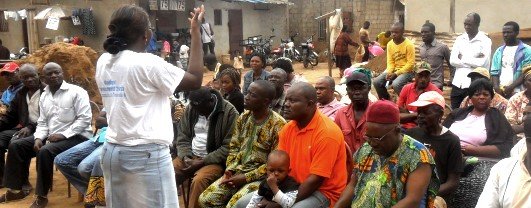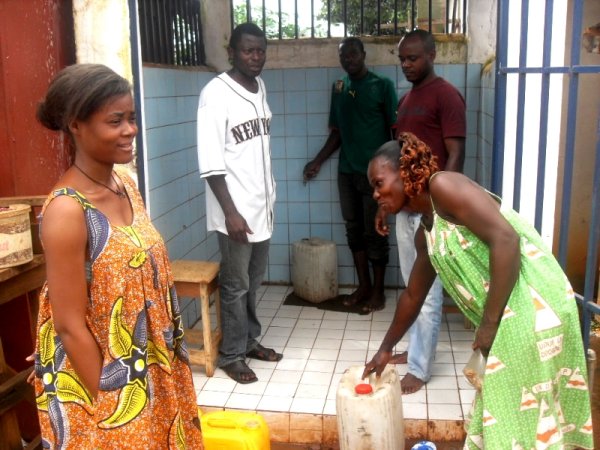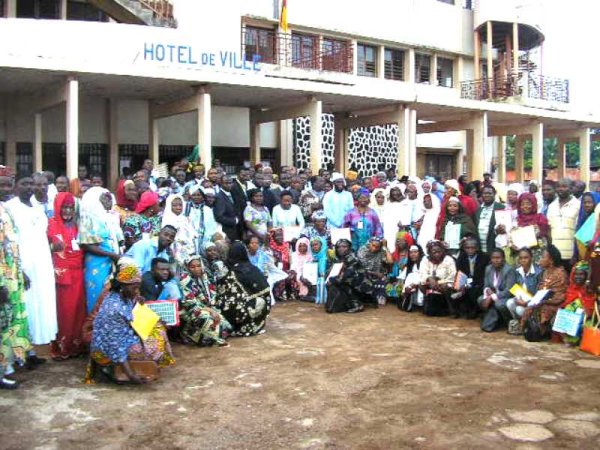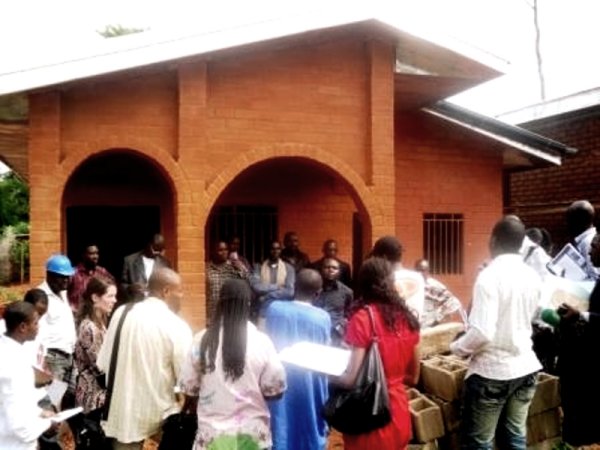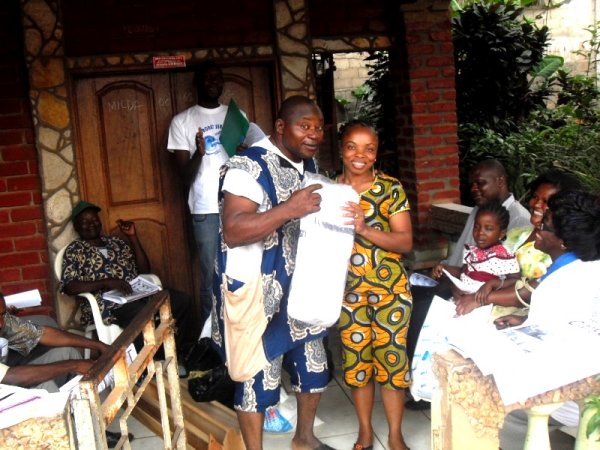Since 2006, the Solidarity Actions of Support to Organisations Promoting Freedom (ASSOAL) has worked with the National Network of the Inhabitants of Cameroon (RNHC) to improve access to affordable housing and influence national housing policy. Their goal is to give poor and marginalised communities—especially women and youth—greater control over their living conditions through cooperative housing and participatory budgeting.
Cameroon faces serious housing challenges, with most urban dwellers living in informal, overcrowded areas. ASSOAL addresses this by launching pilot housing cooperatives and involving communities directly in decision-making about local development through participatory budgeting.
One major project near Yaoundé involves building 300 affordable homes using local materials and labour. These are managed through housing cooperatives supported by a revolving fund offering low-interest loans. The aim is to scale up to 1,500 homes across the country.
ASSOAL also pioneered participatory budgeting in Cameroon, allowing residents to decide how local funds are spent. Communities meet to set priorities—like clean water, roads, lighting, and job programmes—and use short text messages to monitor progress.
Beyond housing, ASSOAL supports community training, leadership development, and citizen participation. Over time, this work has improved services, strengthened local government accountability, and influenced national policy.
The programme is funded by donors (EU, World Bank, UN-Habitat, etc.), government funds, and resident savings. Though challenges like bureaucracy, resident engagement, and limited funding exist, ASSOAL has adapted by building local networks and using digital tools to engage people.
Environmentally, the use of local materials and waste management systems reduces pollution and promotes sustainability. Socially, the work has empowered communities, reduced inequalities, and improved public health and safety.
ASSOAL’s models are being replicated across Cameroon and other African countries and have become a reference for participatory urban planning and affordable housing strategies.

